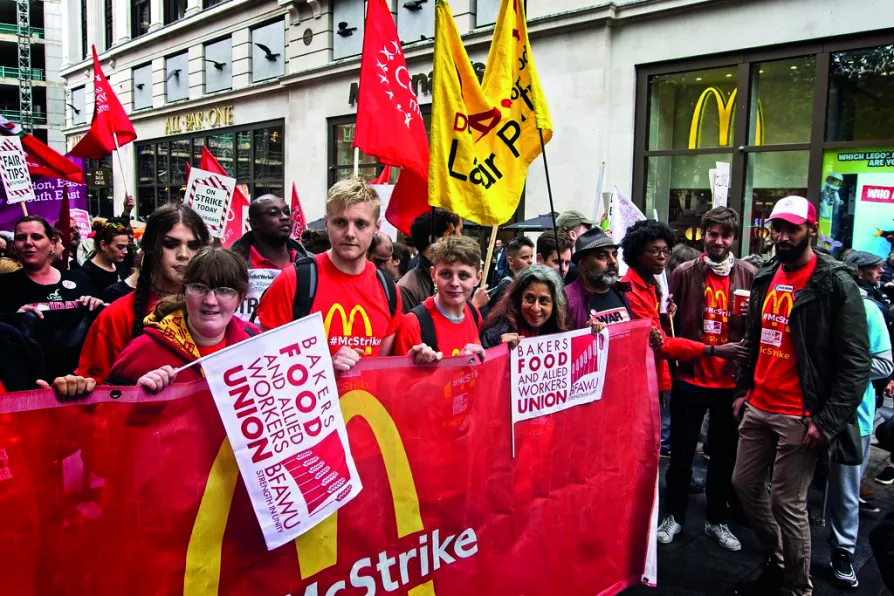This weekend, the NEU holds a special conference to debate changing its approach to organising teaching assistants, which a 2017 TUC agreement forbids. General secretary DANIEL KEBEDE outlines the choices before delegates


WE have seen a steady increase in membership as a trade union movement over the last few years and even more so through the pandemic.
But we in the unions still have a long way to go when we are representing less than a quarter of all workers and even less in the private sector, which is where BFAWU members work.
We find that too many employers in the private sector use anti-union rhetoric — anything from “you don’t need a union, we are supportive,” to “trade unions are just trouble causers,” right through to, in some cases, threatening to sack people for joining trade unions.

Incoming Usdaw general secretary JOANNE THOMAS talks to Ben Chacko about workers’ rights, Labour and how to arrest the decline of the high street

Durham Miners’ Association general secretary ALAN MARDGHUM speaks to Ben Chacko ahead of Gala Day 2025

Educators must fight for an inclusive, creative system that values all children











